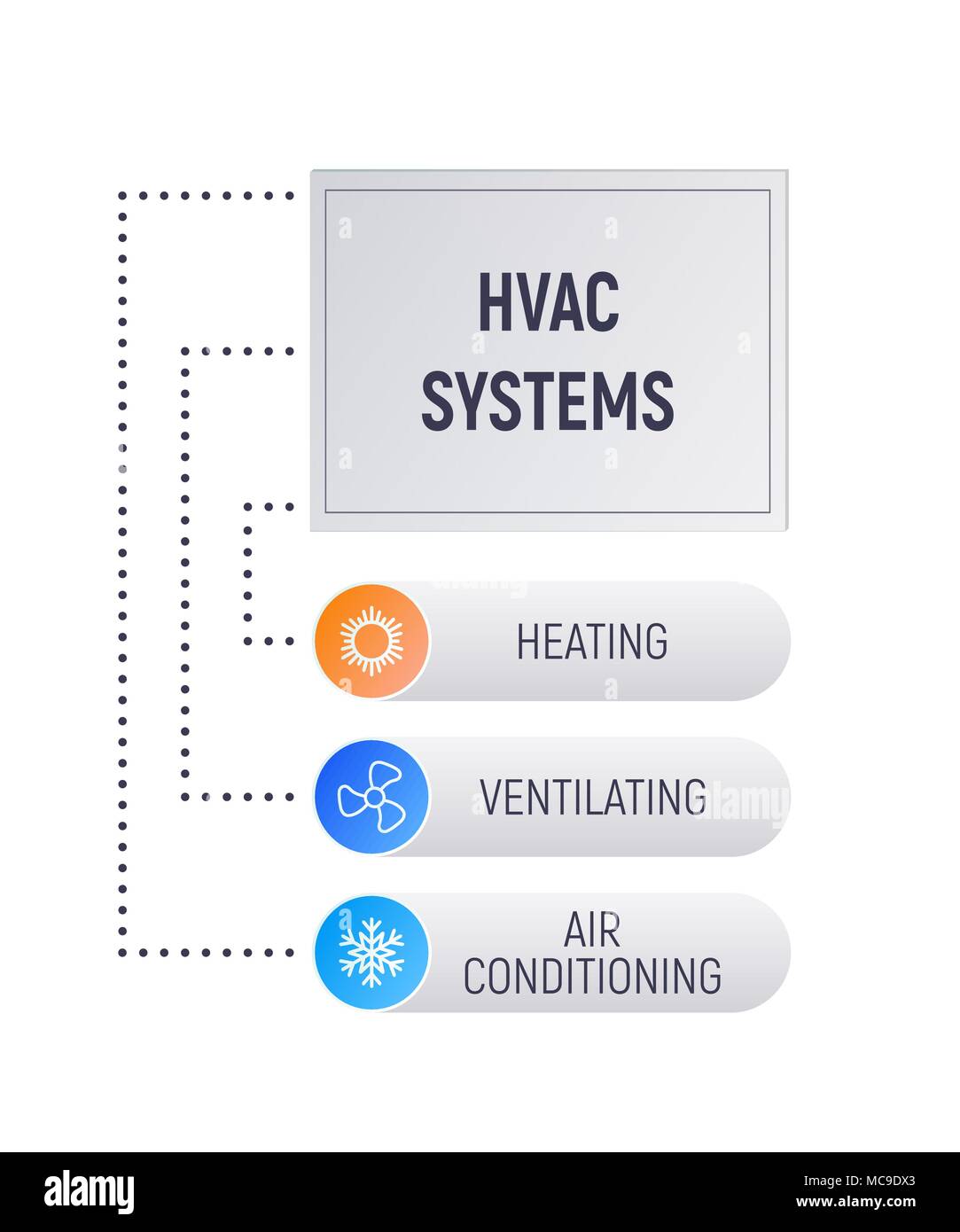Comprehending The Impacts Of Weather Condition On Heat Pump Functionality And Just How To Reduce Them
Comprehending The Impacts Of Weather Condition On Heat Pump Functionality And Just How To Reduce Them
Blog Article
Article Author-Drejer Maher
When it pertains to your heat pump, weather plays a critical role in its performance. From freezing temperatures to sweltering heat, each element can influence exactly how effectively your system operates. Yet what can you do to combat these weather-related difficulties and ensure your heat pump is operating at its finest? Keep tuned to uncover sensible tips and approaches to optimize your heat pump's performance, regardless of the climate condition it encounters.
Weather Condition Factors Influencing Heatpump Effectiveness
Weather elements have a considerable effect on the effectiveness of heat pumps. One critical aspect is temperature. Heat pumps work by transferring heat from outdoors to within throughout winter season and vice versa in summer season. As temperature levels drop, it comes to be harder for the heatpump to remove warm from the outside air, lowering its effectiveness.
An additional key element is moisture. High moisture levels can make it extra challenging for the heatpump to release warmth during the cooling process.
Additionally, wind speed plays a role. Solid winds can dissipate the heat taken in or launched by the heat pump, influencing its total efficiency.
Tips for Optimizing Heat Pump Performance
To enhance the efficiency and longevity of your heat pump, executing a couple of crucial methods can make a substantial difference in its performance.
Firstly, ensure normal upkeep by cleaning or replacing filters every 1-3 months to stop air flow obstructions and make the most of air flow. Additionally, schedule yearly professional assessments to identify and attend to any type of potential issues early.
Ideal thermostat settings likewise play an essential duty. Throughout the winter months, go for a temperature level setup that's as reduced as comfortable, and during the summertime, set it as high as comfortable to minimize the work on your heat pump. Utilizing a programmable thermostat can aid you immediately change settings based on your schedule.
Additionally, securing leaks in ductwork and protecting air ducts in unconditioned spaces can stop energy loss and enhance total system effectiveness.
Lastly, consider installing https://docs.google.com/spreadsheets/d/1D6kgEy5QWqQx5EXE_4UwV83XbB3ozUVKZqtp-17o7qw/edit?gid=577327731#gid=577327731 that can learn your behaviors and adjust settings accordingly, further maximizing your heat pump's performance. By complying with these suggestions, you can guarantee your heat pump runs efficiently and successfully throughout the year.
Best Practices for Weatherproofing Your Heatpump
For optimal efficiency and efficiency of your heat pump, applying weatherproofing steps is necessary. Beginning by securing any kind of spaces or cracks around doors, home windows, and ductwork to prevent heat loss and preserve a regular indoor temperature.
Insulate subjected pipelines and air ducts to stop freezing throughout winter and make sure proper air movement. Take into consideration installing a safety cover over the exterior device to protect it from extreme weather condition components like snow, ice, and debris.
Frequently tidy the exterior device to get rid of dust, leaves, and debris that can obstruct air flow and lower effectiveness. Furthermore, maintain mitsubishi heat pumps around the heat pump clear of snow, ice, and greenery to enable correct ventilation.
Final thought
Since you comprehend just how weather affects your heat pump efficiency, you can take aggressive steps to enhance its effectiveness. By adhering to the tips detailed in this post, such as regular upkeep, thermostat modifications, and weatherproofing procedures, you can make sure that your heatpump operates at its ideal no matter the climate condition. Keep successful and keep your home comfy all year round.
